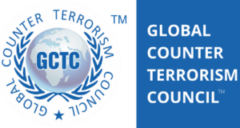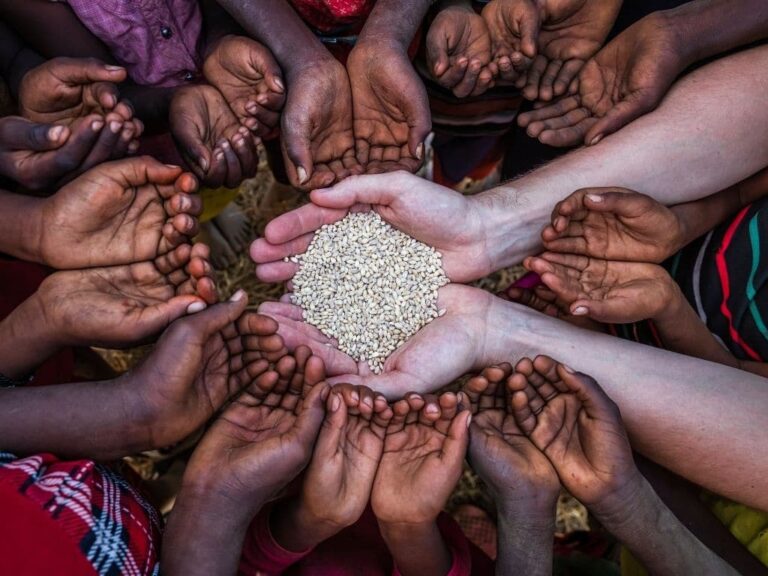Russia-Ukraine Crisis and Consequences on India’s Food and Energy Security
The treaty of Westphalia was initiated to connect different nations to get together on a common platform and form nation-states. The Industrial Revolution in Europe, Bill of Rights in the USA, De-Colonization in the Commonwealth, and treaties such as the Washington Treaty and the Maastricht Treaty led to the process of formation of contemporary globalization[1]. However, the very fact that the world got connected also became one of the major factors in affecting the nations through either their domestic policies or geopolitical complications. Recently, we are witnessing the crisis on the Eastern European front between Russia and Ukraine. Russia has been the leader in the Soviet, while Ukraine was its former member. One of them has the largest nuclear arsenal in the world, surpassing that of the USA and China[2]; while the other happens to be the largest sunflower oil exporter to India, constituting around 70 percent of its imports from Ukraine[3]. The Chart shown below depicts India’s sunflower imports from major countries.
The dent of the Russia-Ukraine crisis has led to the rise in prices of even Argentinian sunflower oil due to sudden pent-up demand from the consumers[4]. The crisis brings a strong opportunity for India to ramp up its oil production. For instance, Sunflower oil production in India is done on a scanty scale. Punjab was one of the states that began in the early 1990s. Domestic Production has got tremendous potential in India, but gestation period for sunflower seeds in India is around six months, and the Government of India is ramping up productive capacity in India to utilize the same. Below is the production potential of Sunflower oil in India.
To revive production on a massive scale also requires significant investments from both private and public sectors. Experts opine that this is a great chance to revive the agricultural output and also boost the productivity in states that have got stagnant yields due to mono crop production[5]. Another area that is of concern is the tea market. India recently held diplomatic missions to access market opportunities in different nations to boost tea trade. The impact of the Russia-Ukraine war has also made the strategy of the Indian tea trade to give a rethink. Russia, China, and the US are the leading markets for the export of Indian tea. India is the fourth largest exporter after Kenya, China, and Sri Lanka and by the looks of the current crisis; it has to align its trade basket with the geopolitical advantages around certain nations. Russia and Ukraine account for 2 percent of Global Trade, but if we talk of certain sectors; they have a sizeable share. Natural Gas constitutes around 17 percent, oil constitutes around 12 percent, and wheat accounts for around 13 percent. It should not come as surprise to note that Russia-Ukraine grasslands (Steppes) are called the ‘Granaries of the World’.
We have to further strategize on the energy front. Rising crude prices will lead to depreciating rupee and that will invariably lead to inflation and further fiscal deficit (which is currently pegged at 6.9 percent) in the current fiscal year. Some experts have also noted that a ten percent rise in crude oil prices imported from the black sea region will lead to the reduction of our GDP by 10 basis points. Disruptions are also going to happen in Palladium imports (Ukraine and Russia account for 17 percent of world exports of Palladium, an essential component in the semi-conductor industry) and that is going to in turn impact the automobile industry[6]. We are in a comprehensive dialogue with Germany as well to boost the trade ties in automobiles.
But all is not lost. Our remittances are on the higher front and our services exports are strengthening it. We have withstood the current geopolitical war with courage. India is bound to face a current account deficit due to rising oil prices, but the rupee volatility will not dent the pockets of our consumers as we have started diversifying on the trade front. India is in the advanced stages of negotiating a trade agreement with the EU, and it also recently conducted a Track 1 with the United Kingdom, it also negotiated a comprehensive dialogue with other three Quad countries (Japan, Australia, and the United States) and recently the trade ministers of Australia and India have comprehensively negotiated a track 1 dialogue on establishing an early harvest interim trade deal between Australia and India, which will subsequently lead to a CECA. We have to start early on areas where our export and import baskets match our competing needs as the geopolitics have no timeline and they can appear as and when the foreign policies of nations are impacting our domestic needs.
[1] The Maastricht Treaty laid down the foundation for the European Union. · The treaty was signed by 12 countries in the city of Maastricht situated in Netherlands in 1992.
[2] The International Campaign to Abolish Nuclear Weapons (ICAN) (2022). The World’s Nuclear Weapons. Accessed at https://www.icanw.org/nuclear_arsenals
[3] Business Today (2022). Ukraine crisis: 380,000 tonnes of sunflower oil shipments to India stuck at ports. Accessed at https://www.businesstoday.in/latest/economy/story/ukraine-crisis-380000-tonnes-of-sunflower-oil-shipments-to-india-stuck-at-ports-323912-2022-02-25
[4] Vinayak, AJ.(2022). Argentina sunflower oil prices up 47 per cent in 2 weeks: USDA. Accessed at https://www.thehindubusinessline.com/economy/agri-business/argentina-sunflower-oil-prices-up-47-per-cent-in-2-weeks-usda/article65210339.ece
[5] Chaba, A. (2022). As Ukraine war puts stress on sunflower oil export pipeline, experts see a big opportunity for Punjab. Accessed at https://indianexpress.com/article/cities/jalandhar/as-ukraine-war-puts-stress-on-sunflower-oil-export-pipeline-experts-see-a-big-opportunity-for-punjab-7795344/
[6] Spence, E. (2022). Palladium Smashes Record as Concern Over Russian Supply Mounts. Accessed at https://www.bloombergquint.com/business/palladium-hits-record-on-concerns-over-russian-supply-risks




